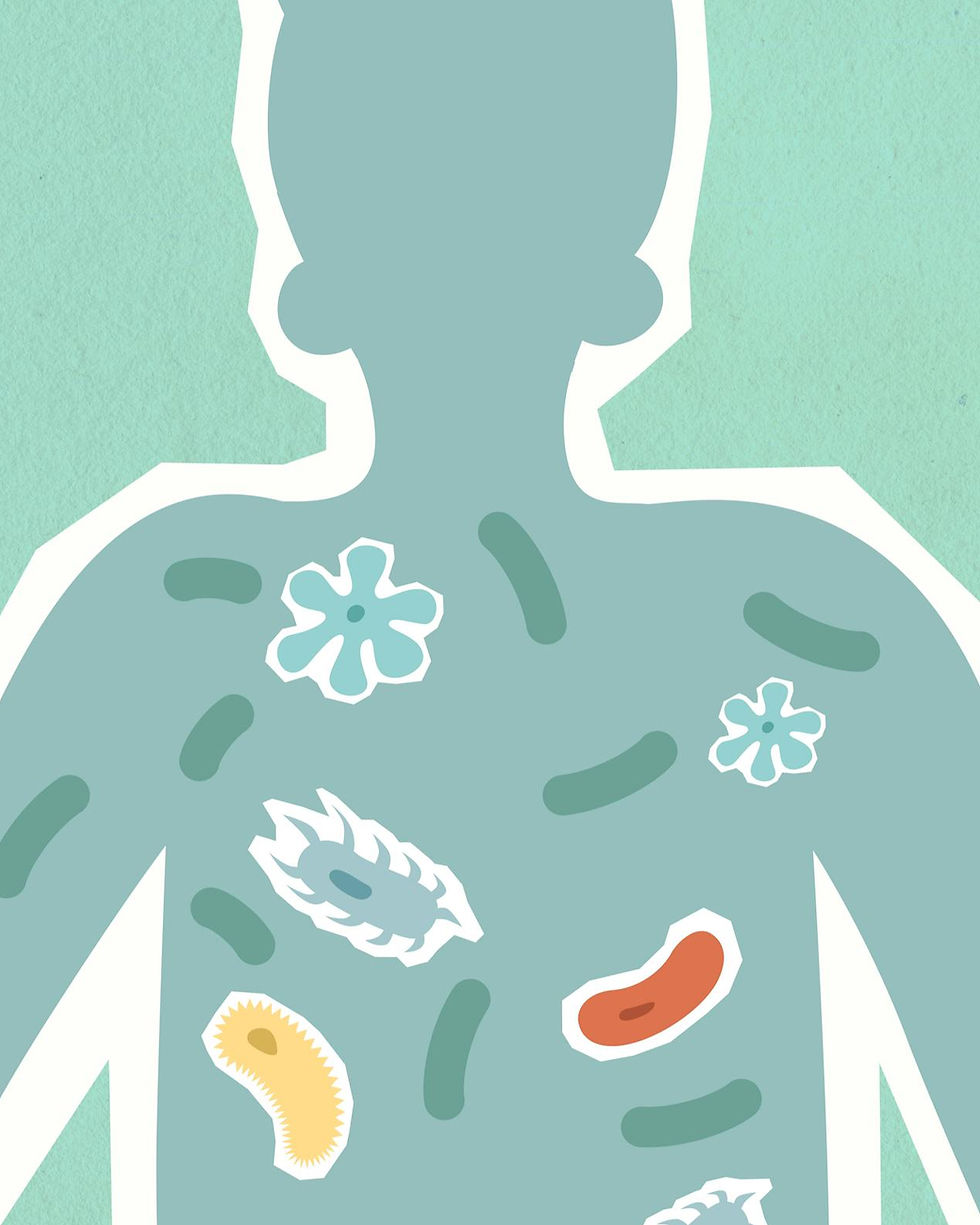Acupuncture for PCOS: Natural Support for Symptoms and Hormonal Balance in London
- Aug 18, 2025
- 2 min read

Polycystic Ovary Syndrome (PCOS) affects around 1 in 10 women of reproductive age. It can cause a wide range of symptoms, including irregular periods, excess androgens (such as testosterone), weight gain, acne, and difficulties with insulin resistance. At Health Tree Acupuncture in Bethnal Green, we often see women seeking natural ways to help manage these symptoms alongside medical care.
Recent research has started to shine more light on the role of acupuncture for PCOS. While acupuncture is not a cure, studies show it may offer valuable support for women struggling with the day-to-day impact of the condition. This is why many women now search for PCOS acupuncture in London to explore safe, complementary approaches.
Menstrual Health and Cycle Regulation
One of the most common challenges associated with PCOS is irregular or absent menstrual periods. Clinical studies suggest that acupuncture may help regulate menstrual cycles by influencing hormone levels, particularly luteinising hormone (LH) and testosterone. Women receiving regular acupuncture treatments have reported more predictable cycles, which in turn can help reduce the uncertainty that often accompanies PCOS.
Hormonal Balance and Androgen Levels
Excess androgens can contribute to acne, hair changes, and other distressing symptoms. Acupuncture appears to lower circulating testosterone and LH, promoting a healthier balance. This shift may ease some of the outward signs of PCOS and support overall hormonal stability.
Insulin Resistance and Metabolic Health
Many women with PCOS also experience insulin resistance, which can affect weight, energy levels, and long-term health risks such as type 2 diabetes. Recent reviews suggest that acupuncture may enhance insulin sensitivity (as measured by HOMA-IR), promote healthy blood glucose levels, and even contribute to a reduction in BMI. In some studies, acupuncture is as effective as metformin in addressing insulin resistance, with fewer side effects.
A Complementary Approach at Health Tree Acupuncture
It’s important to note that international guidelines still recommend lifestyle changes (nutrition, movement, stress management) and conventional medical care as first-line treatments for PCOS. Acupuncture is best used as a complementary therapy, offering women an additional tool for managing symptoms naturally and holistically.
PCOS Acupuncture London: Key Takeaways
At Health Tree Acupuncture, our practitioners take a personalised approach, looking at the whole picture of your health. For many women with PCOS, this means a treatment plan that supports:
Regulating the menstrual cycle
Improving energy and mood
Supporting hormonal balance
Reducing stress and tension
Enhancing overall well-being
Is Acupuncture Safe for PCOS?
Acupuncture is generally well-tolerated and safe when carried out by a qualified practitioner. Side effects are rare and usually minor, such as mild bruising at the needle site or temporary fatigue.
Final Thoughts
While acupuncture may not directly “cure” PCOS, research suggests it can play a helpful role in managing menstrual health, hormonal balance, and insulin resistance. At Health Tree Acupuncture, we see acupuncture as a supportive, natural therapy that works best alongside lifestyle and medical care—helping women feel more in control of their PCOS symptoms.
If you’d like to explore how acupuncture could support your PCOS journey, please get in touch with Health Tree Acupuncture in Bethnal Green to book a consultation.


Comments